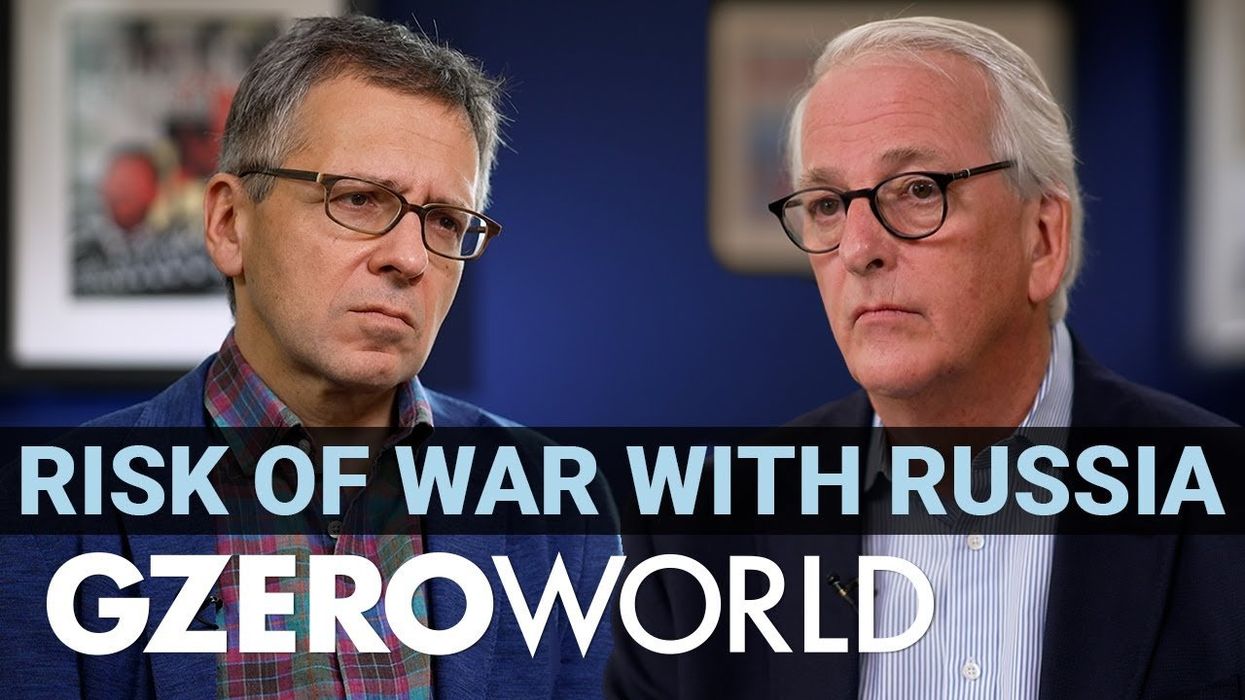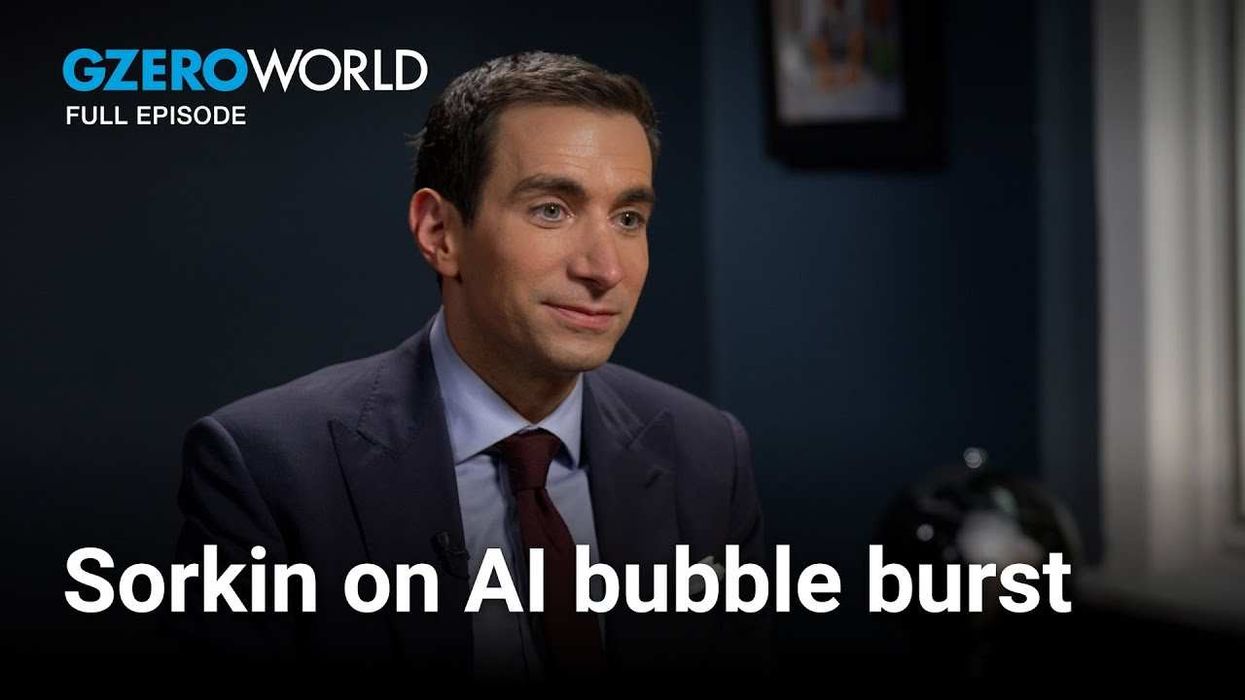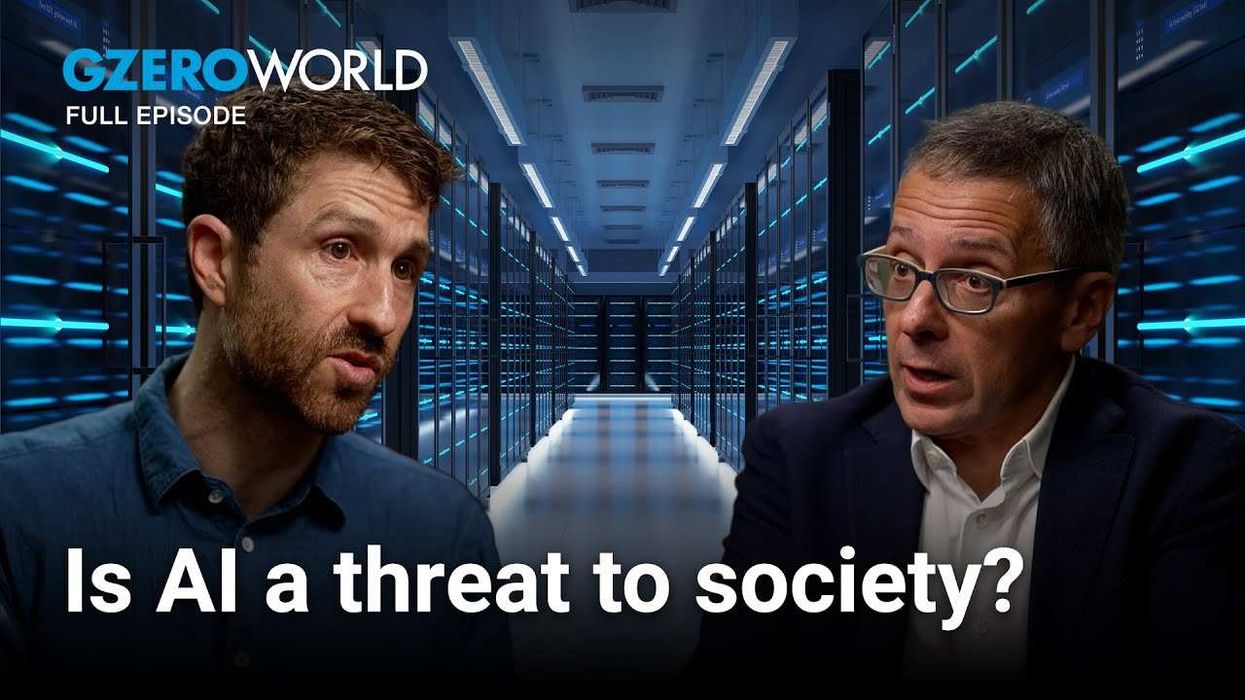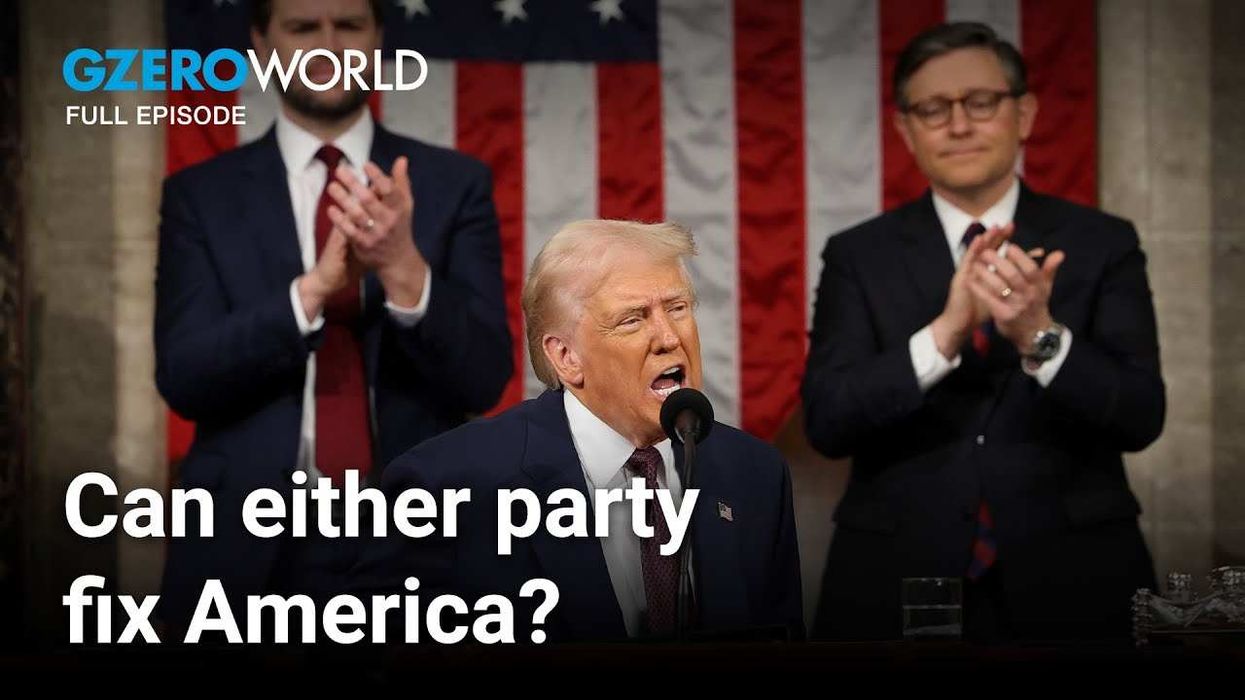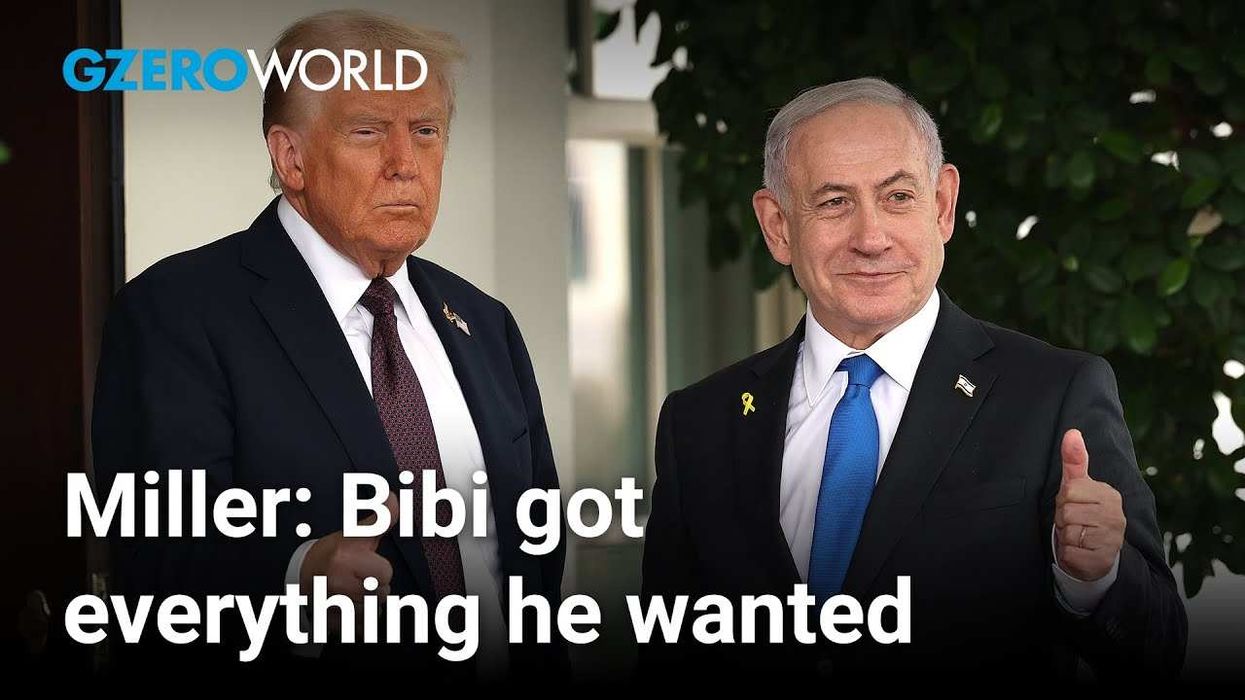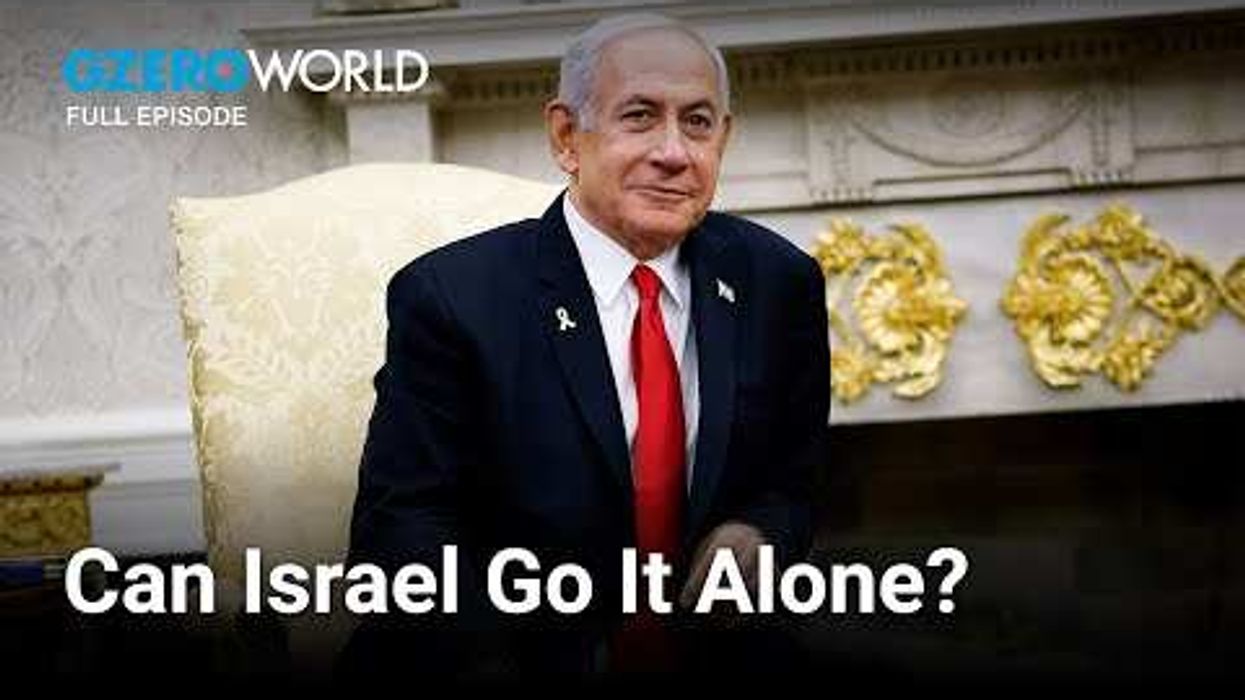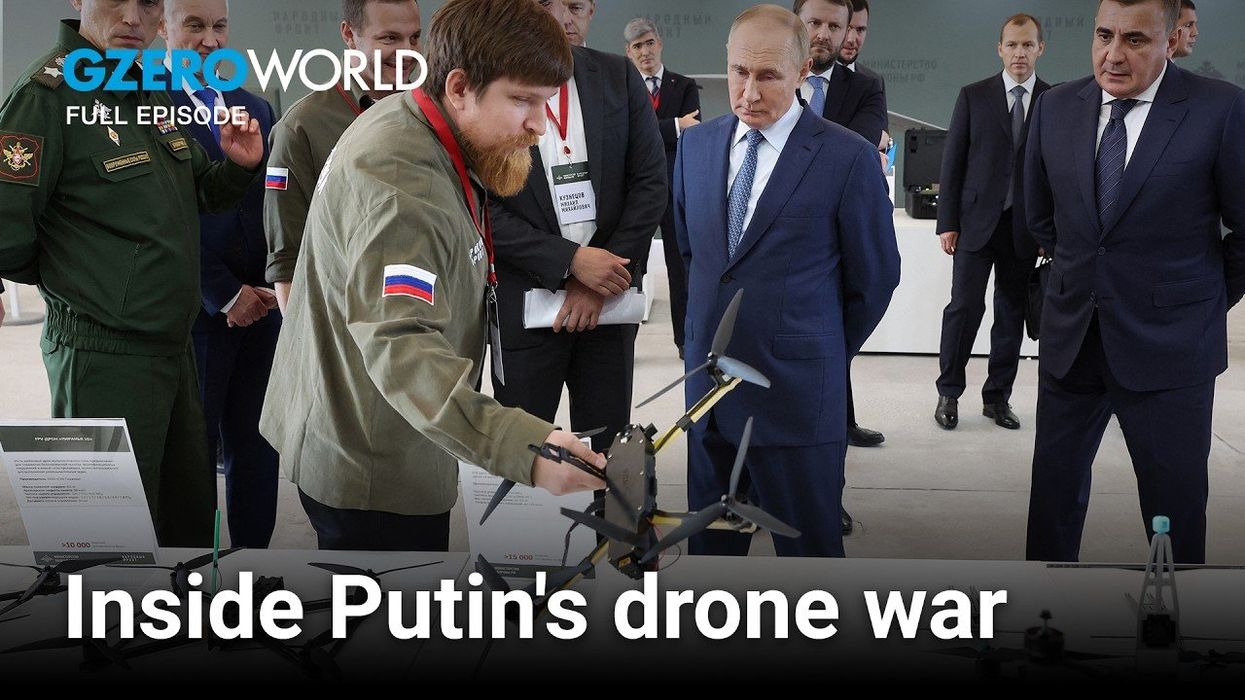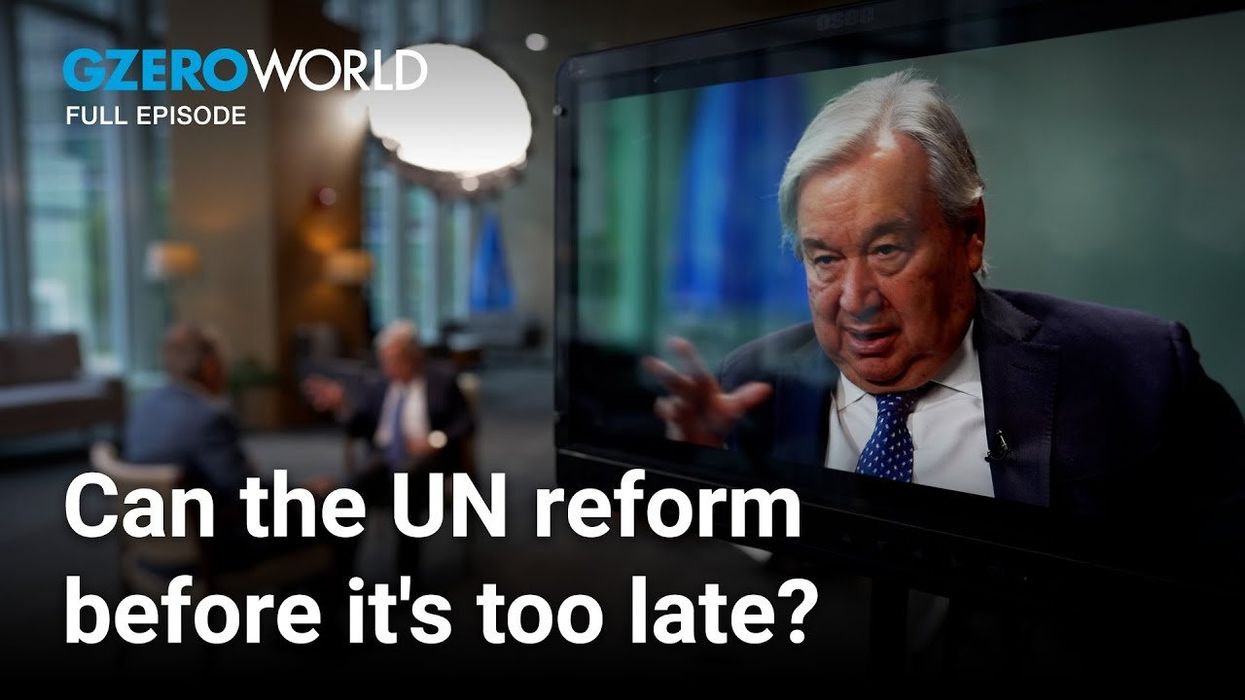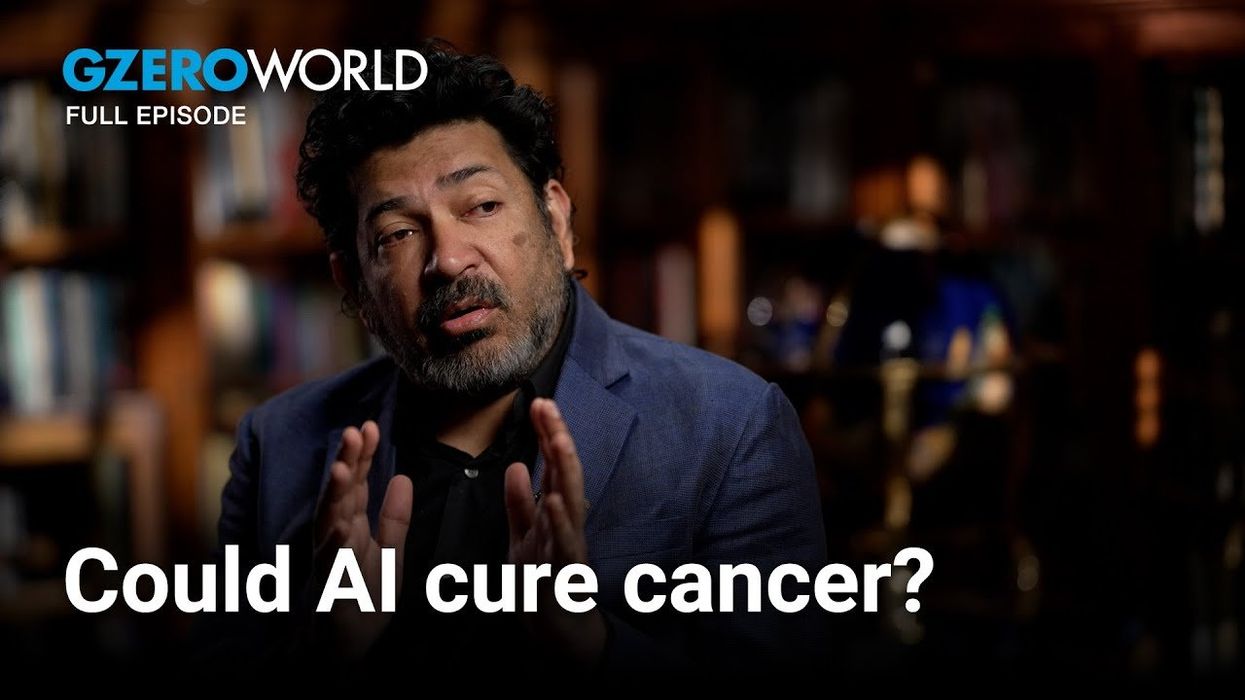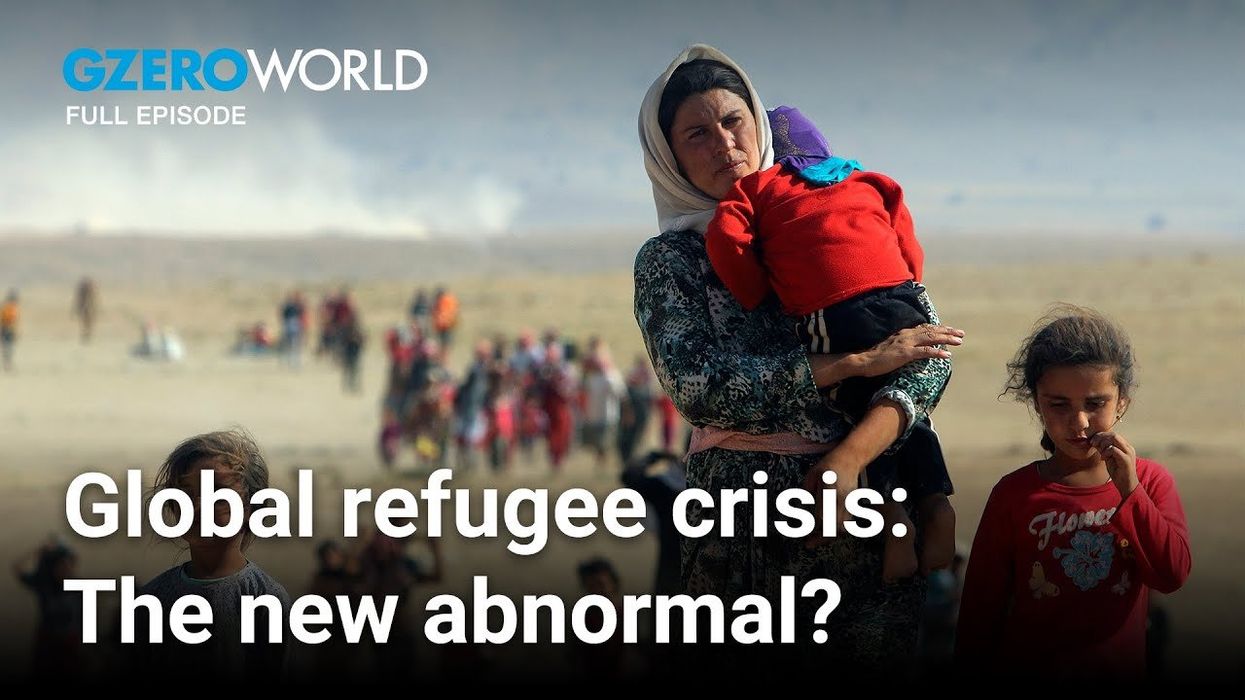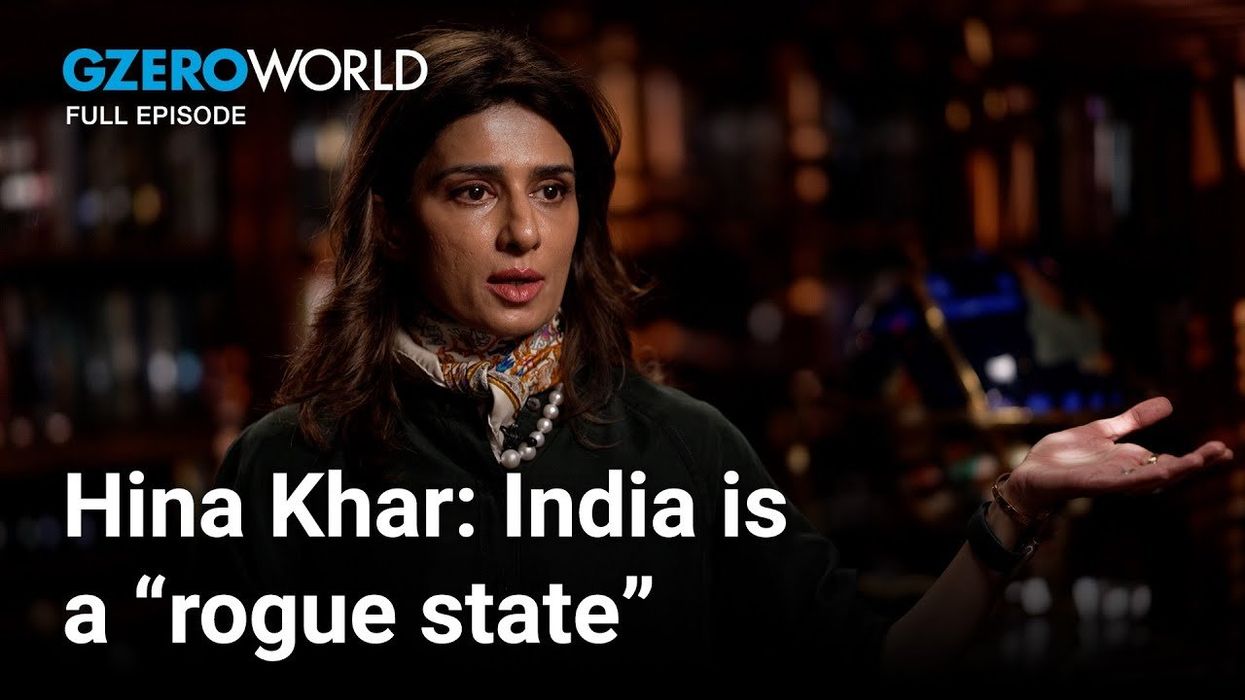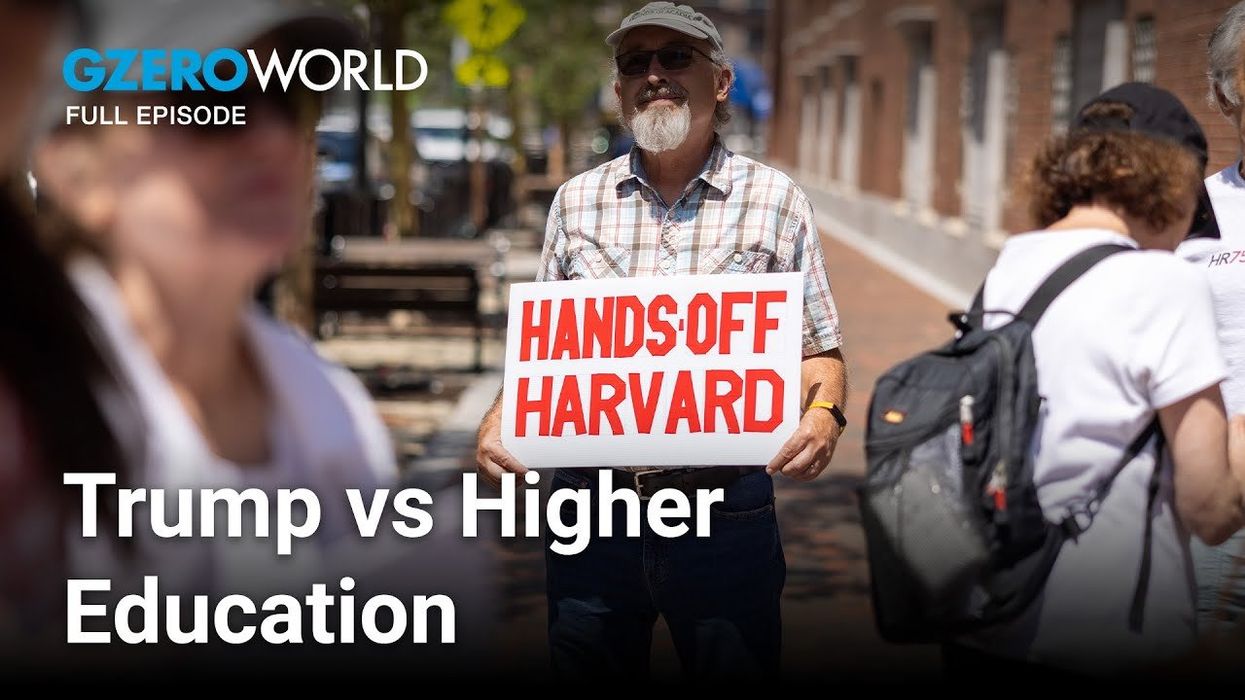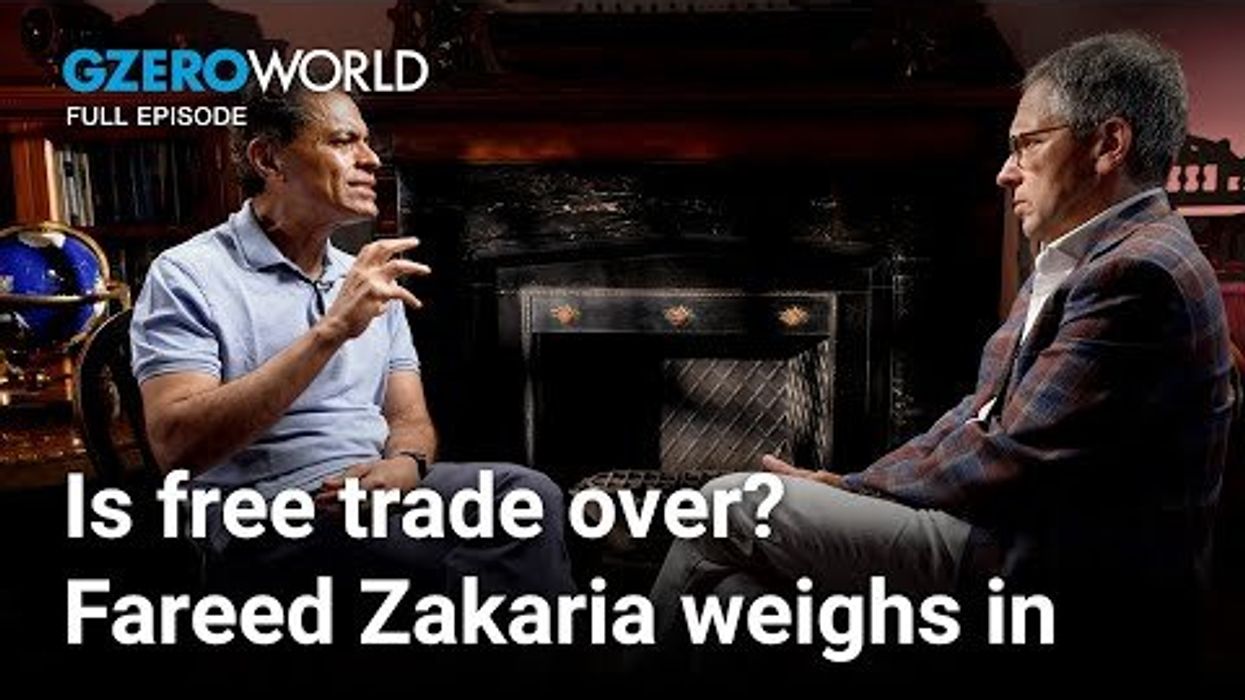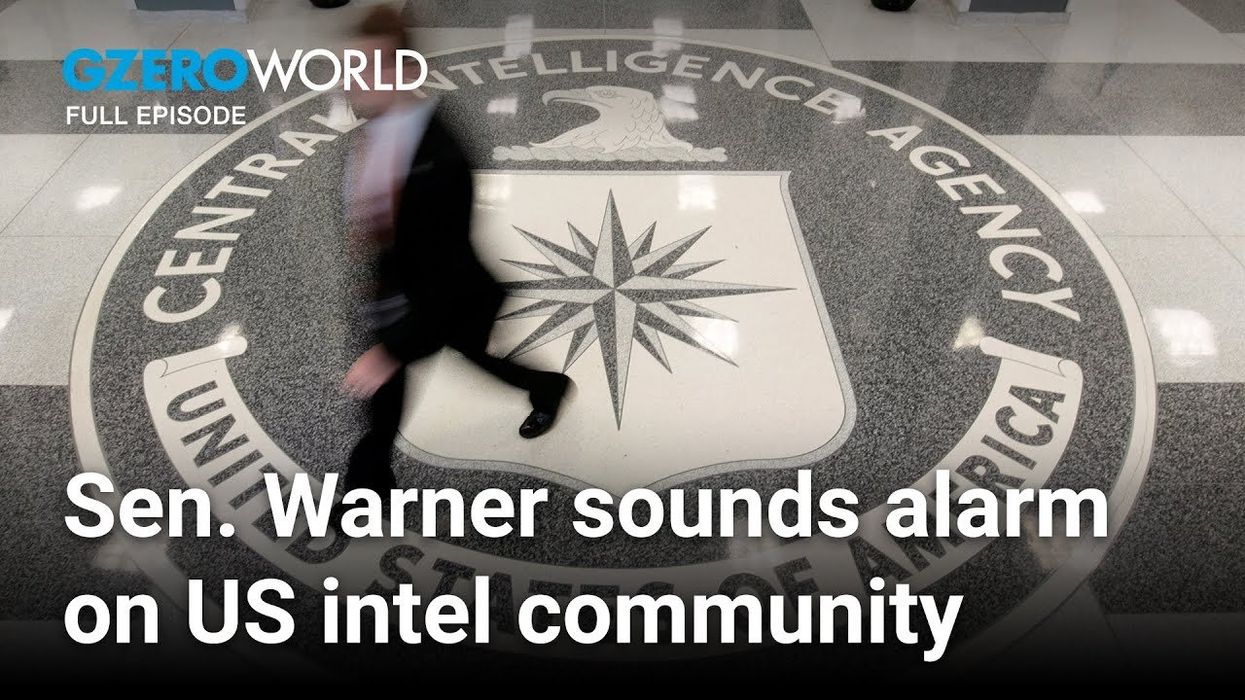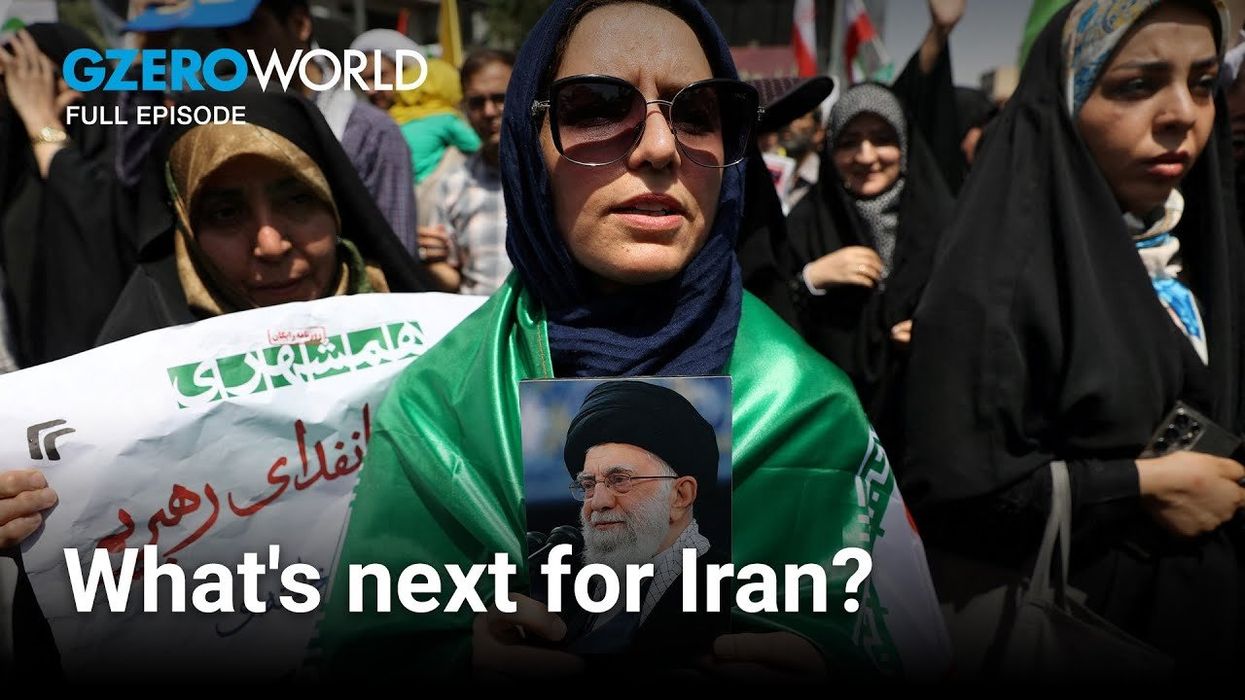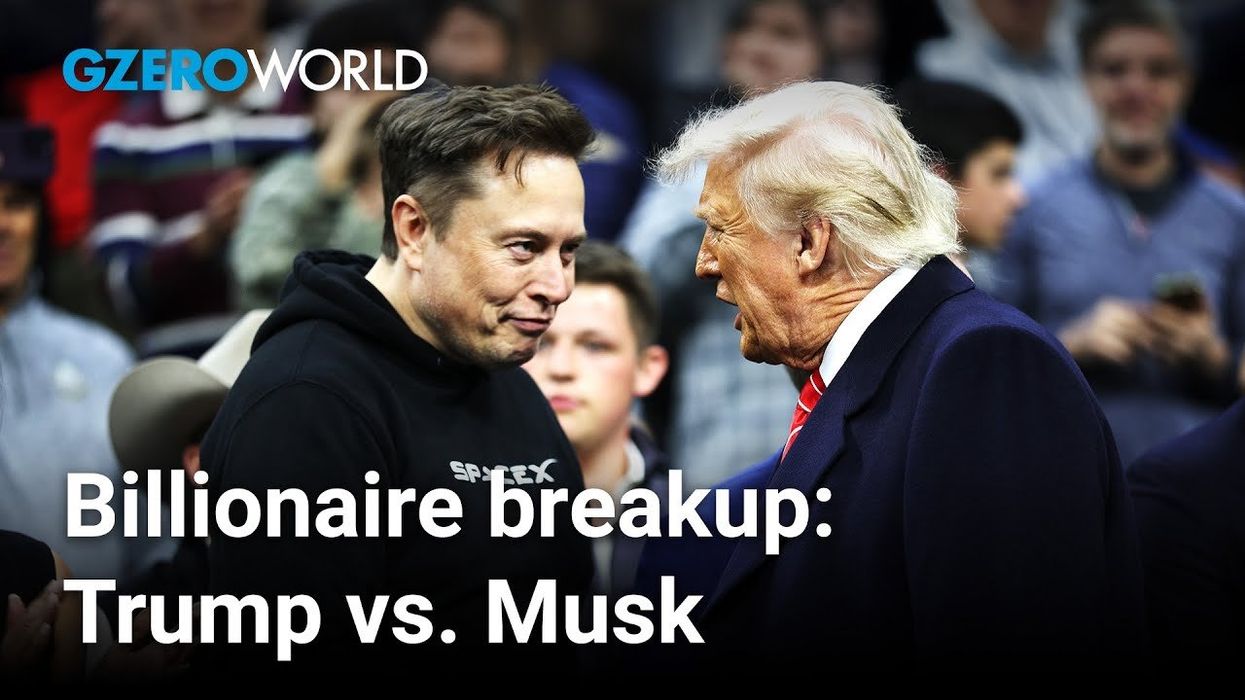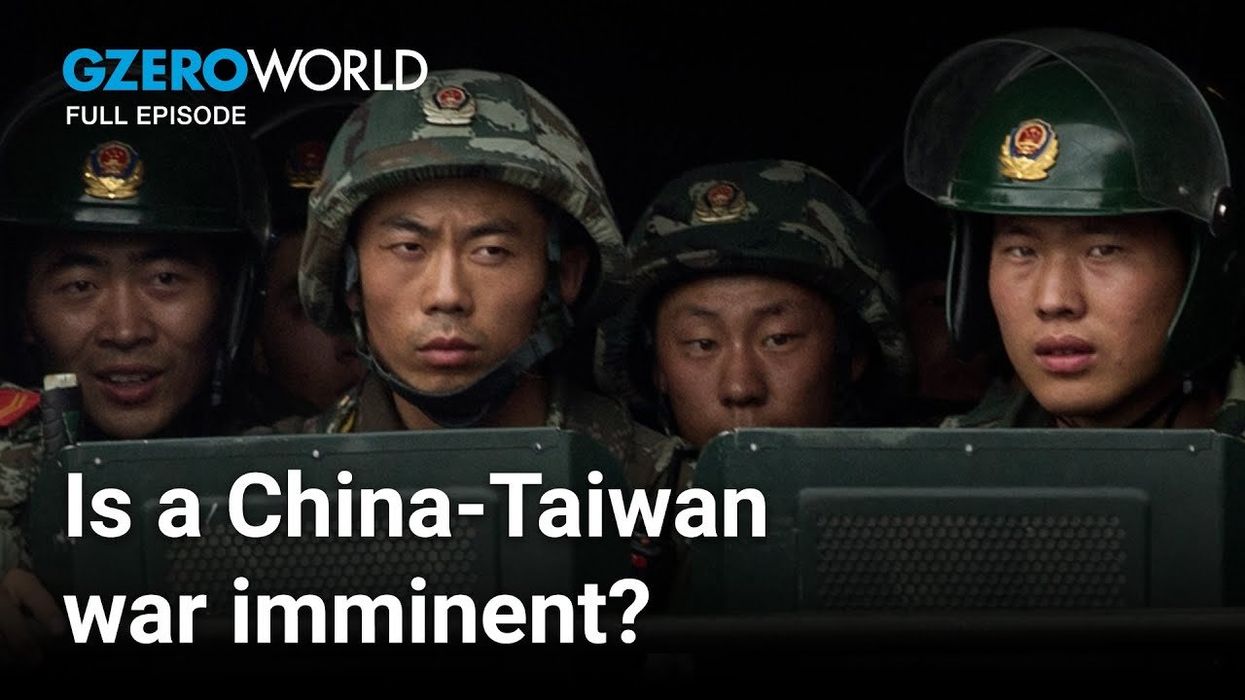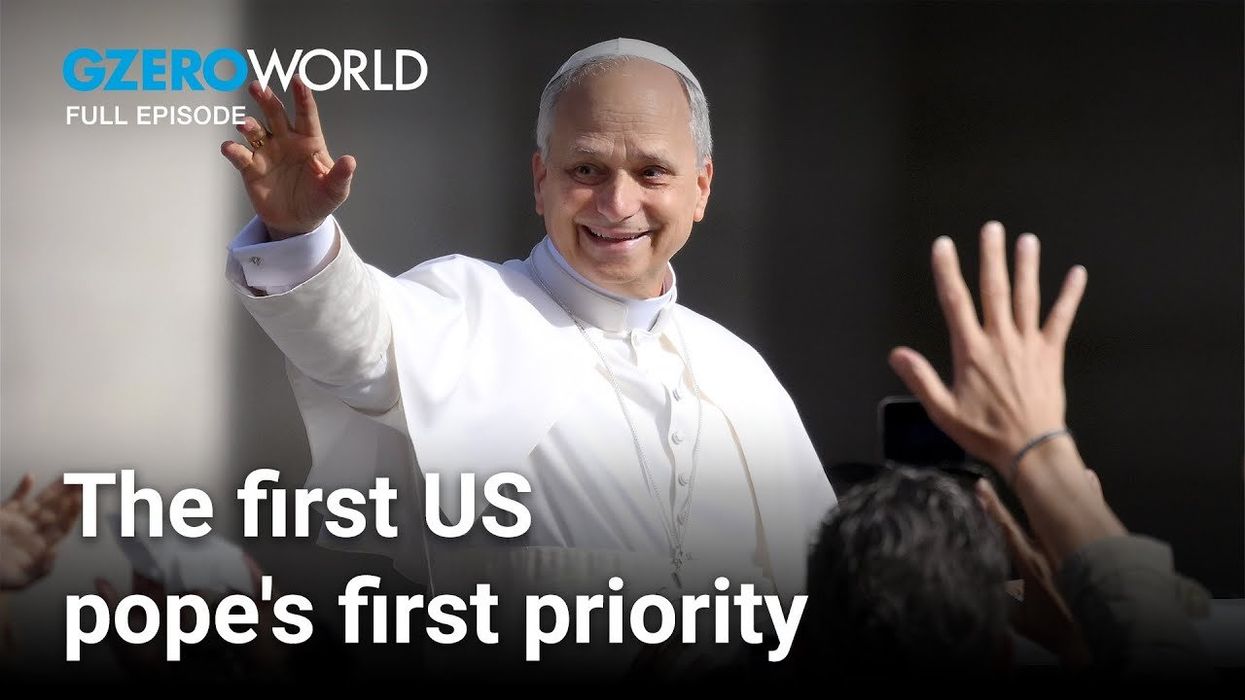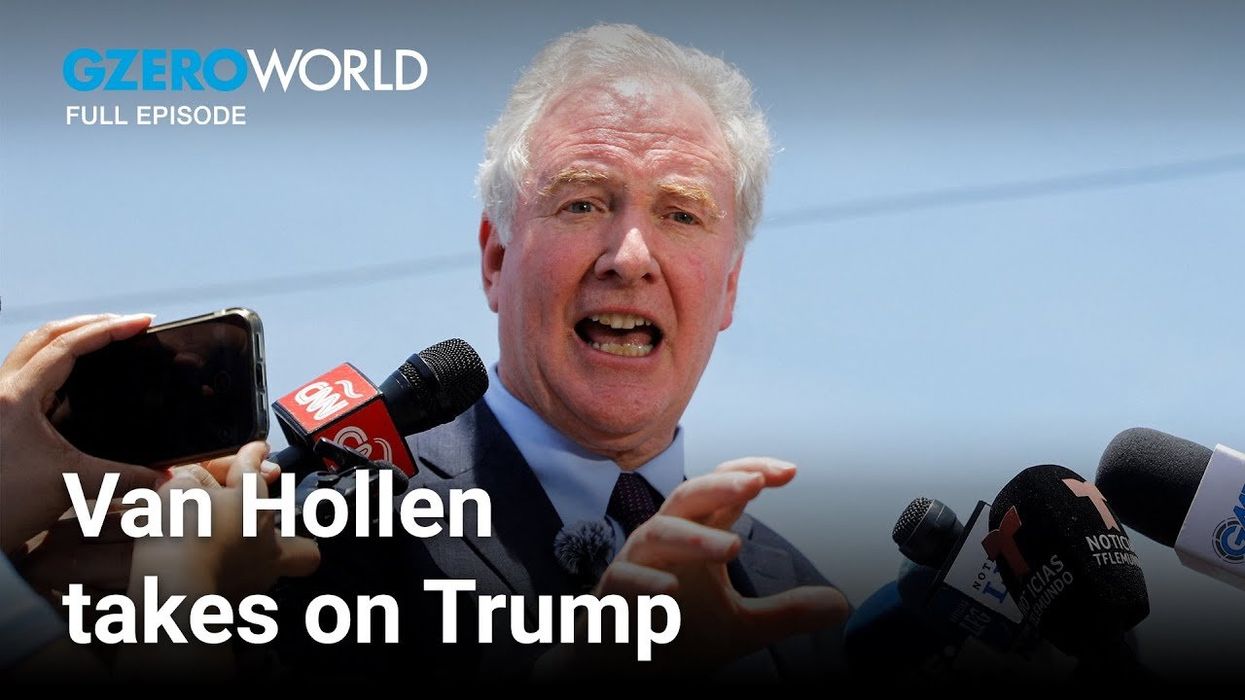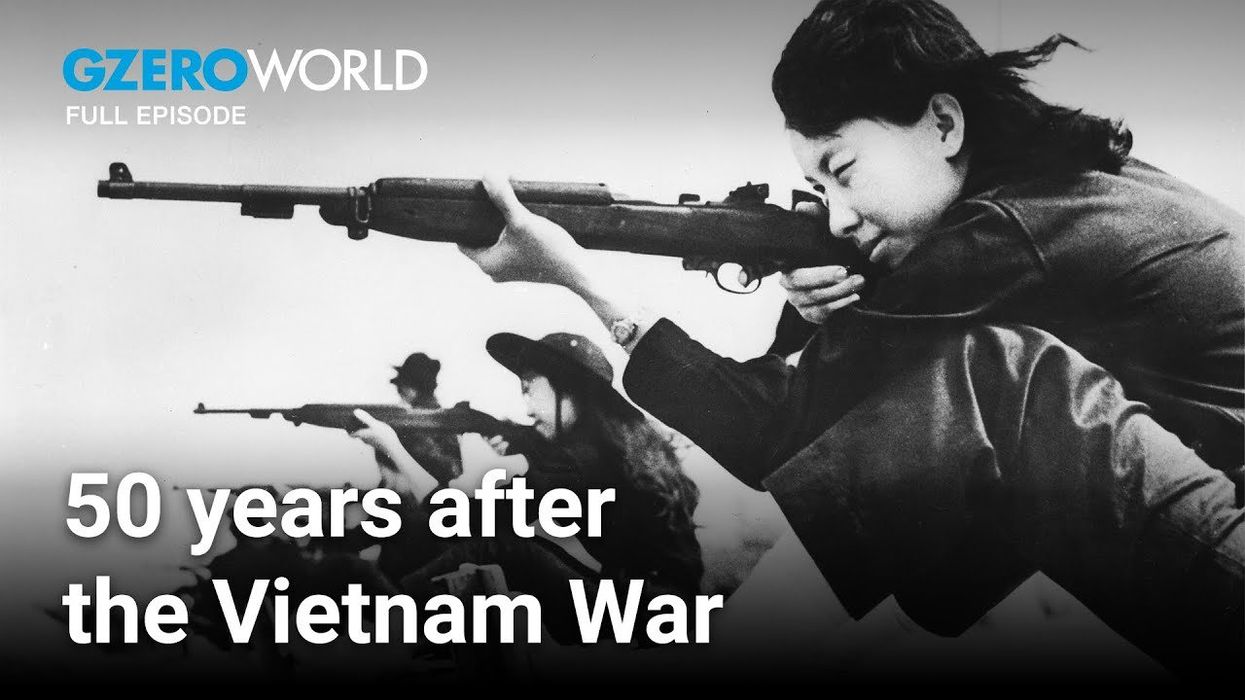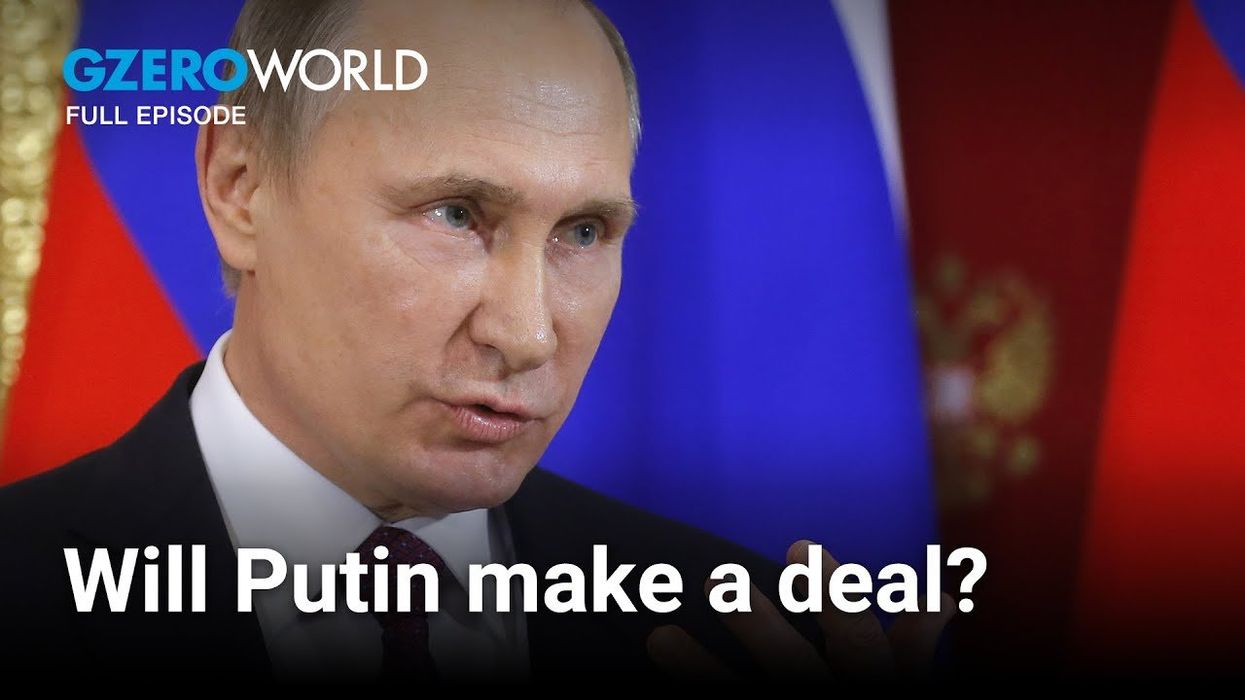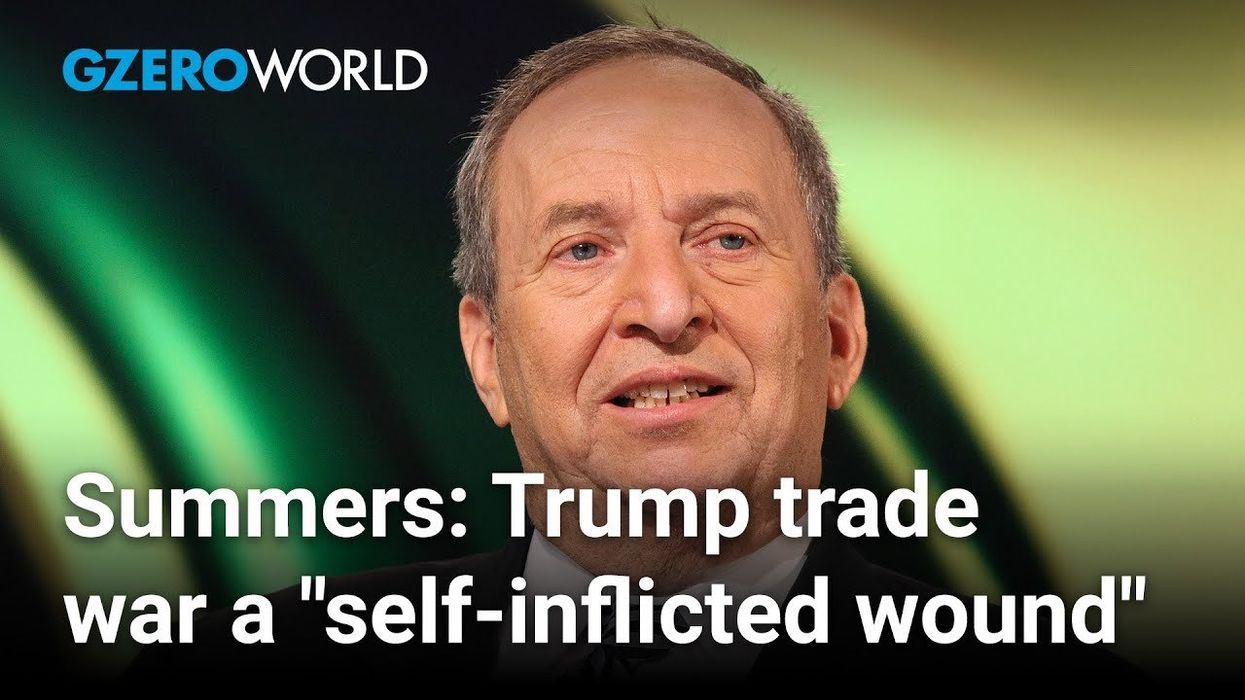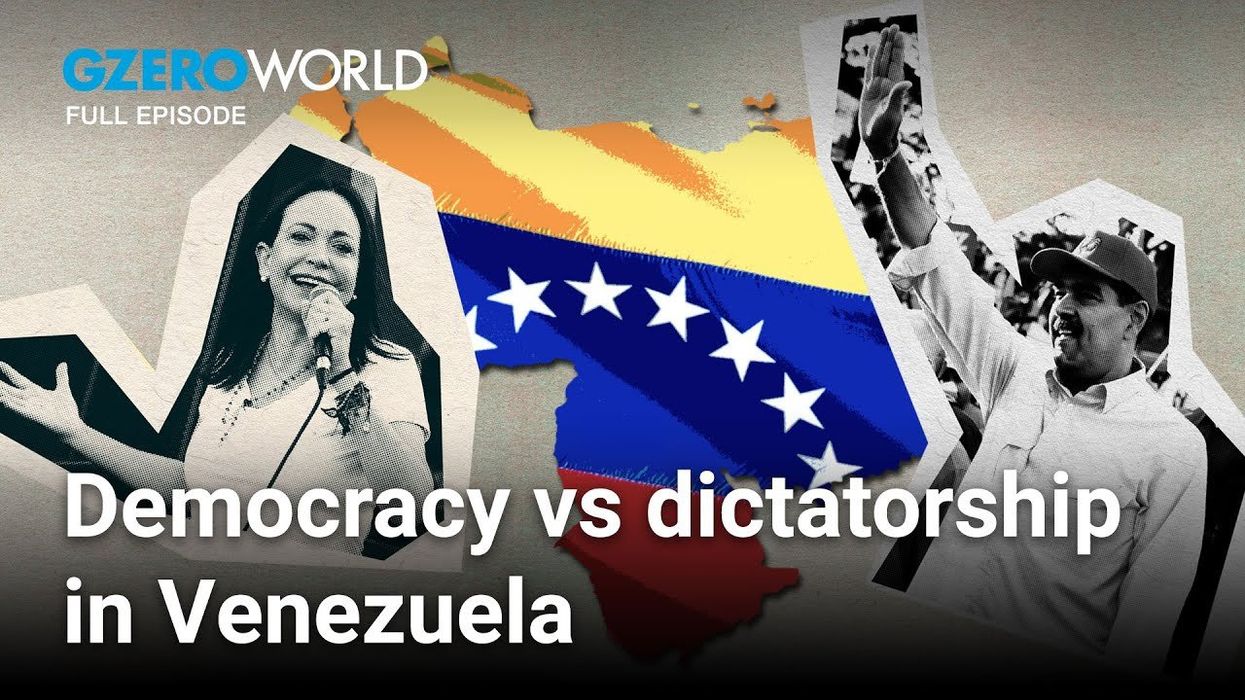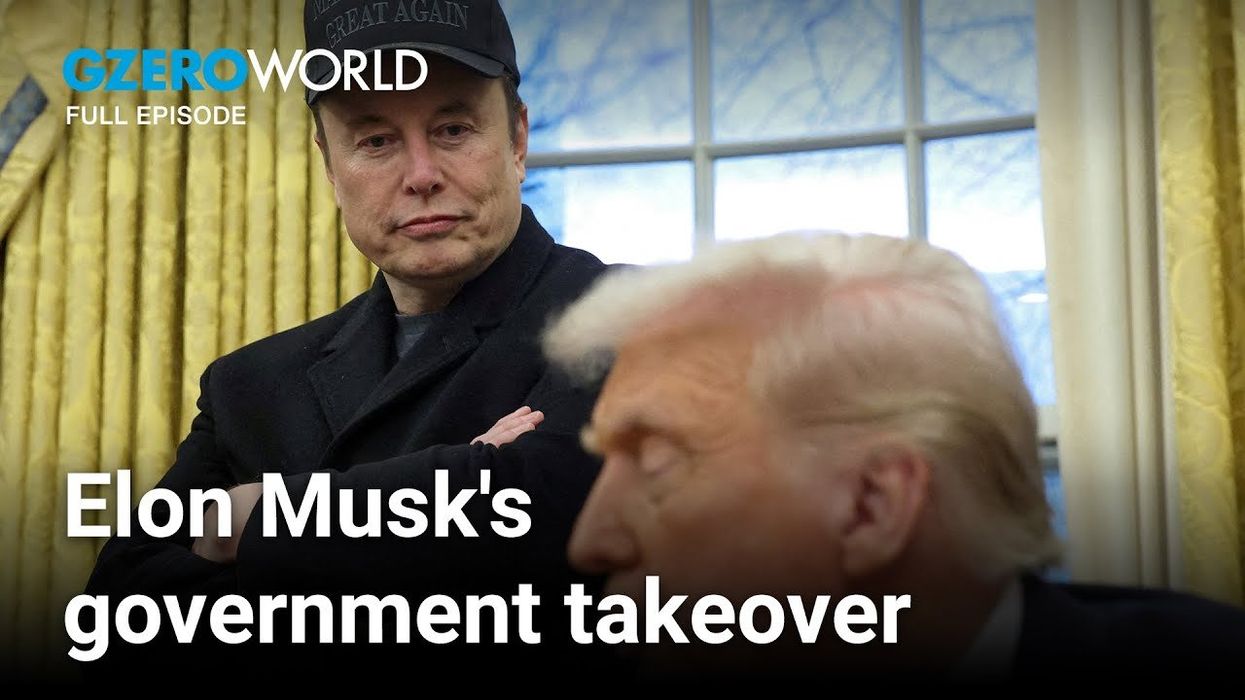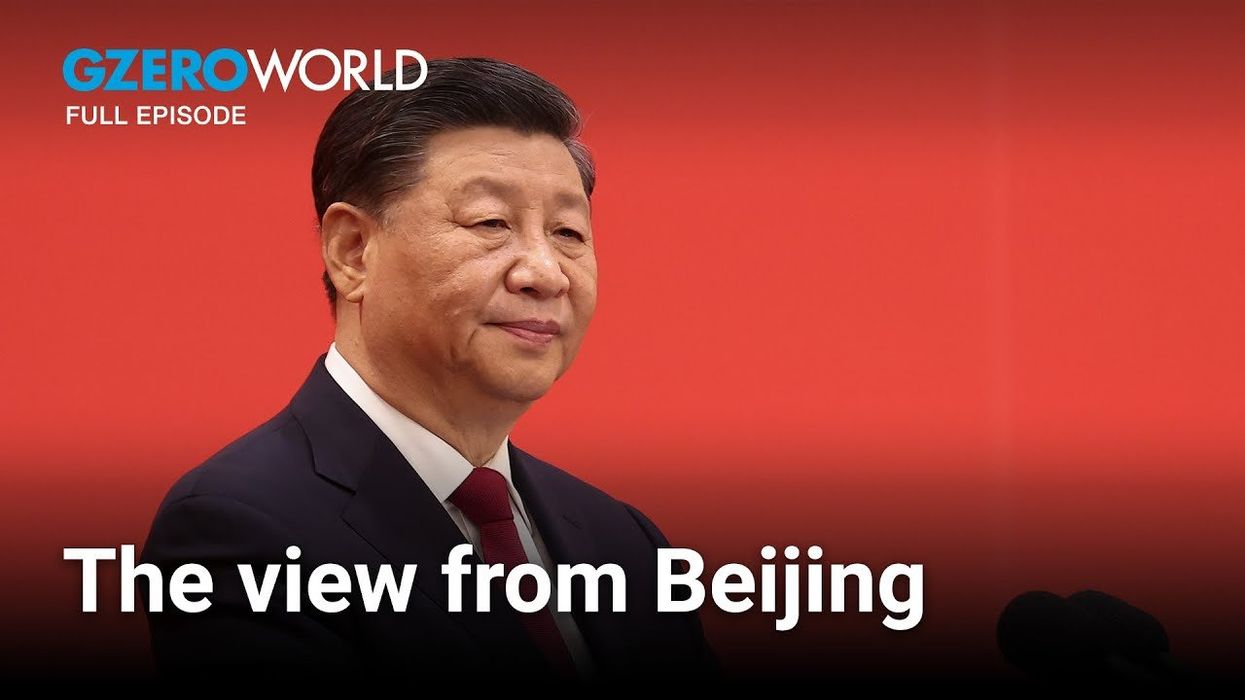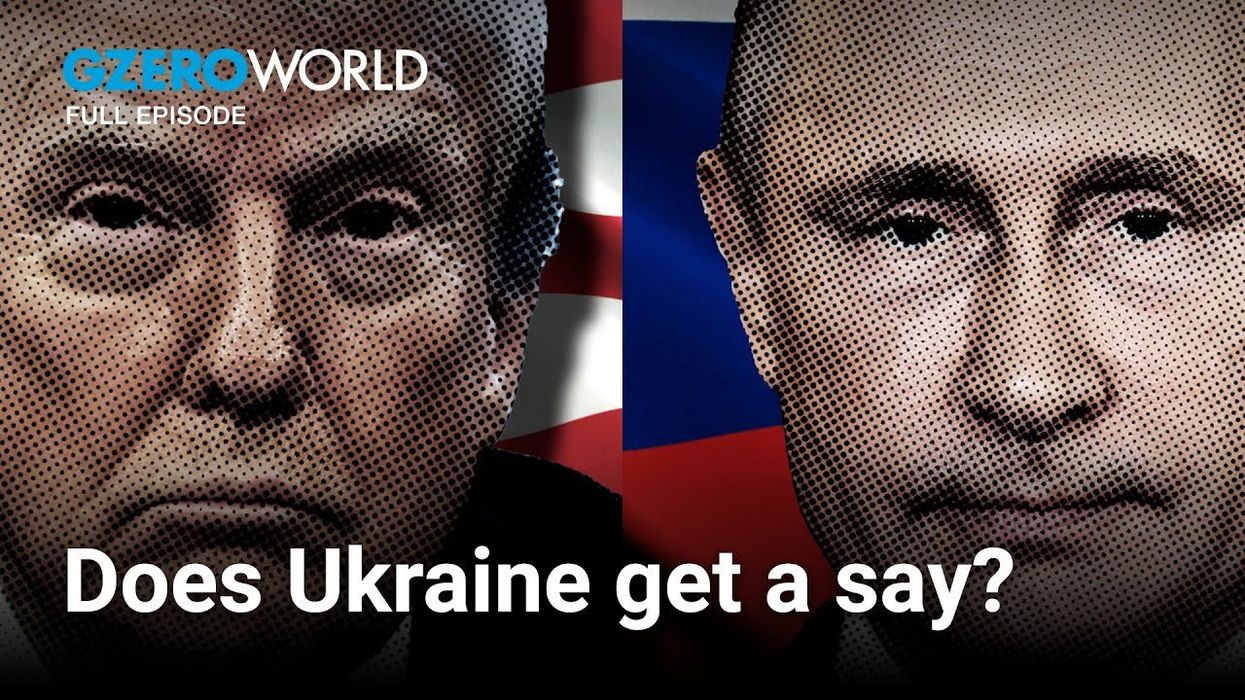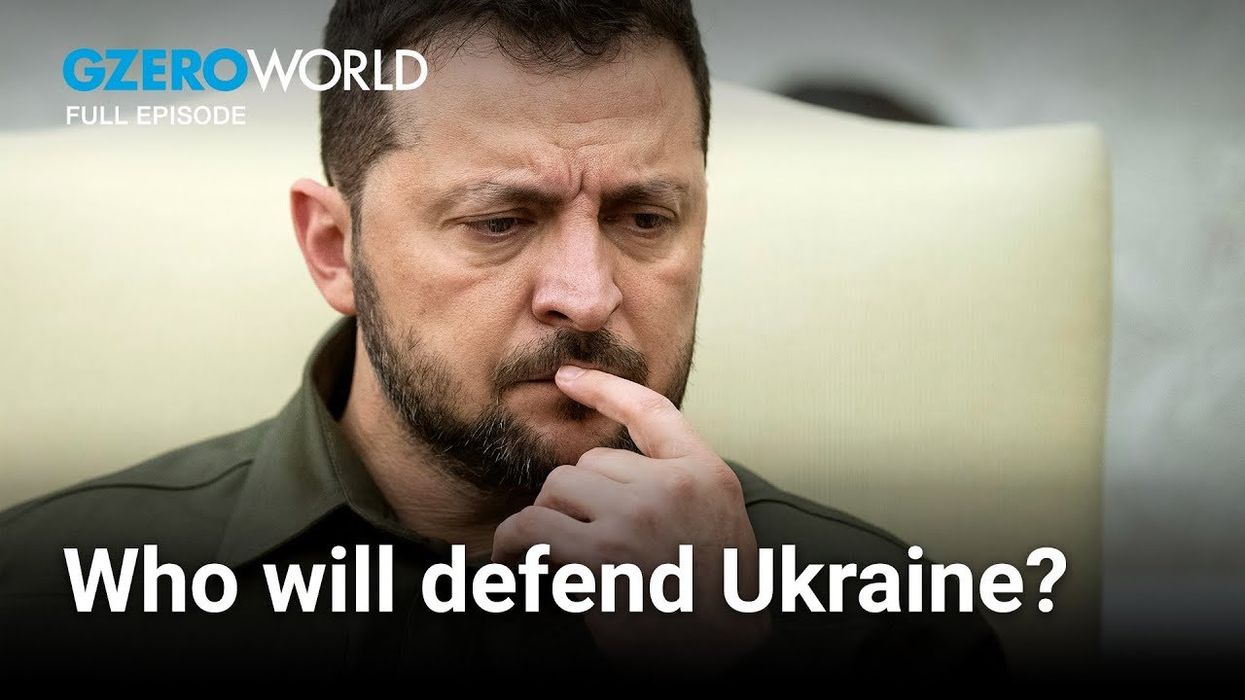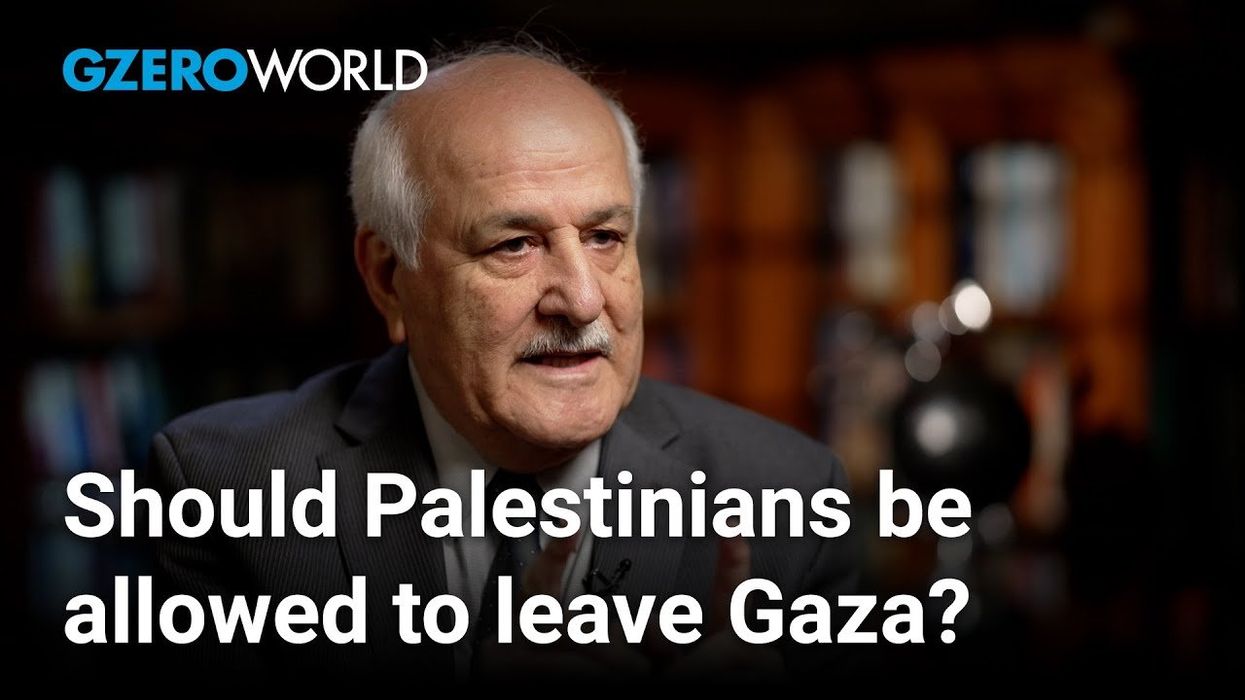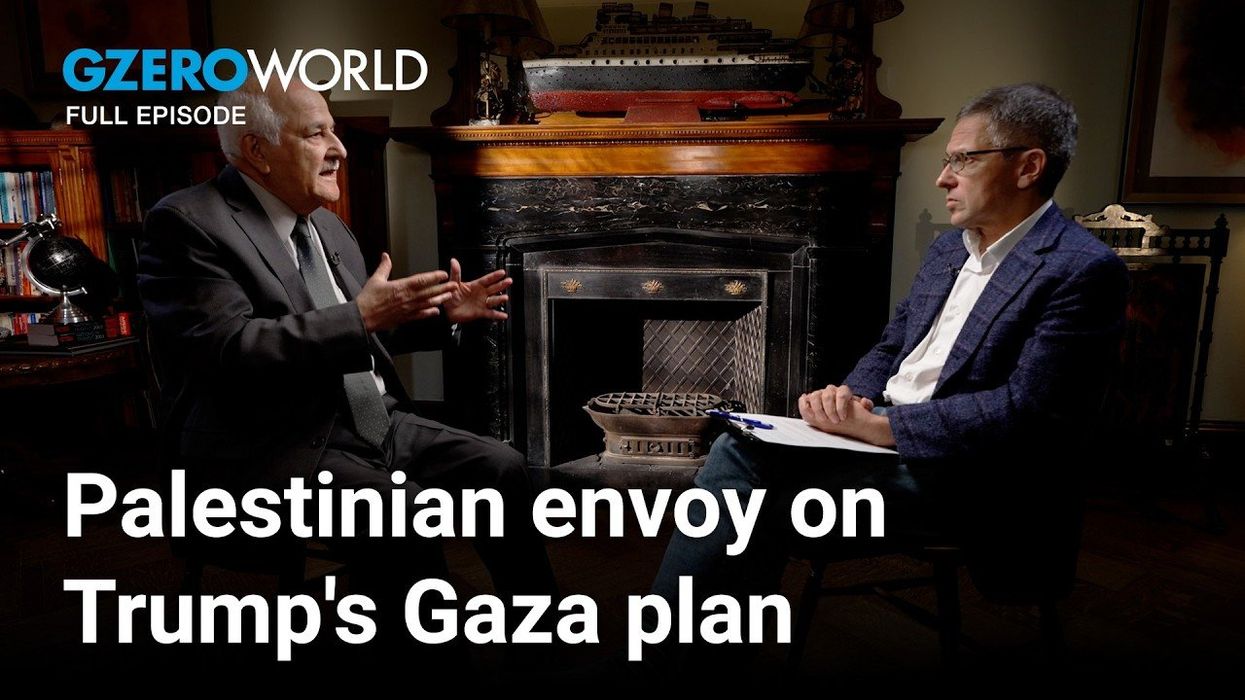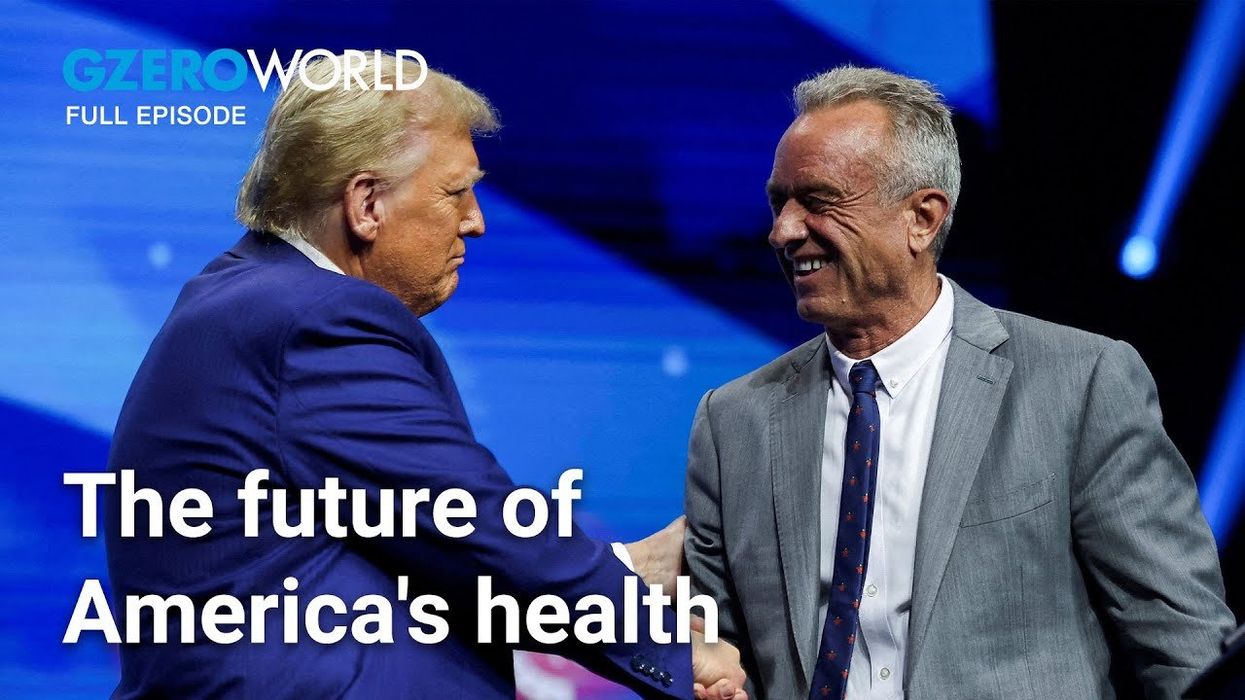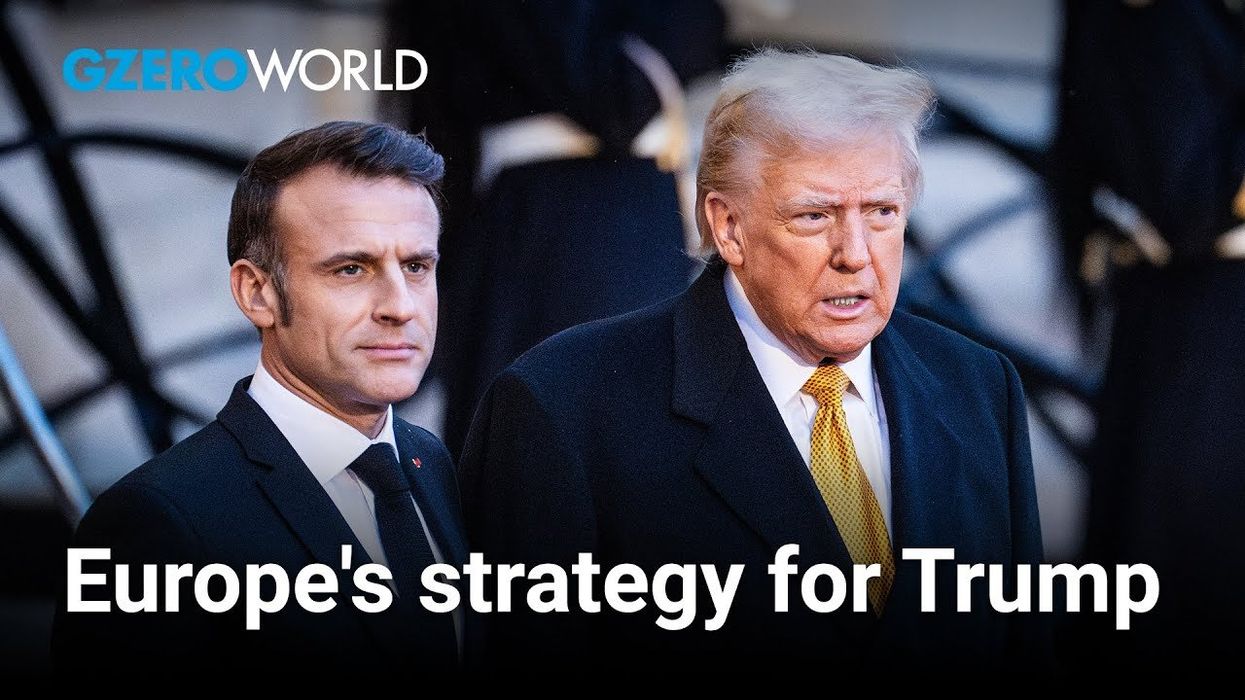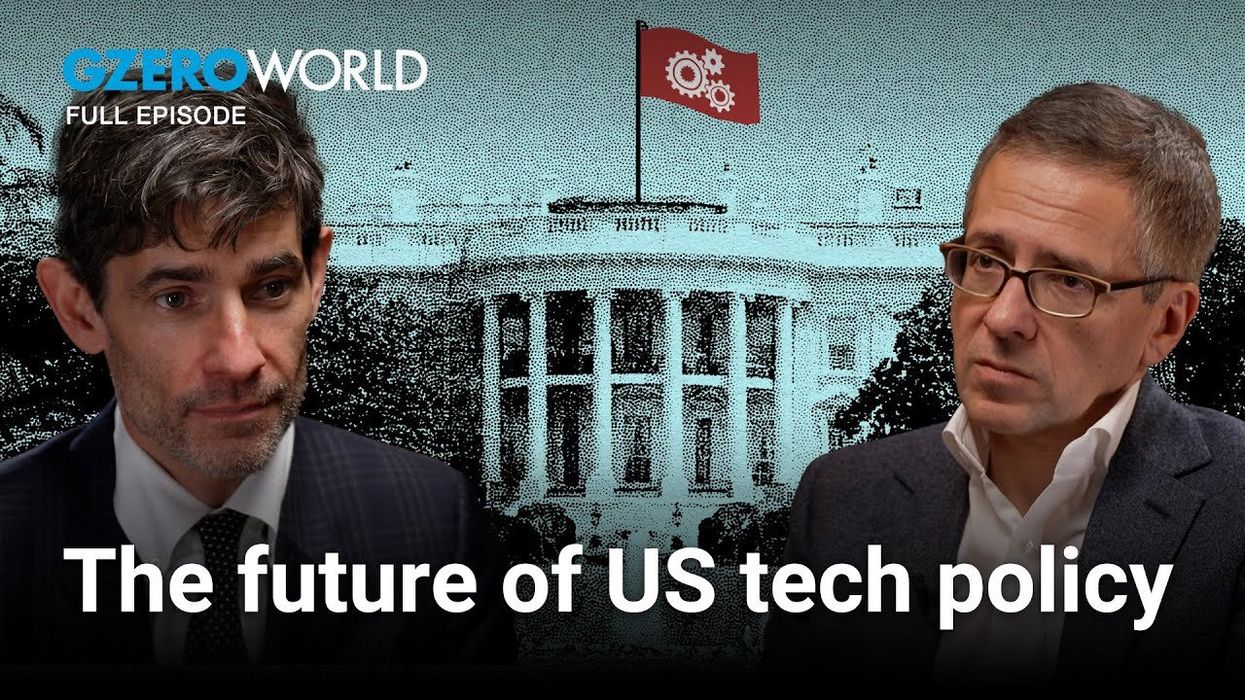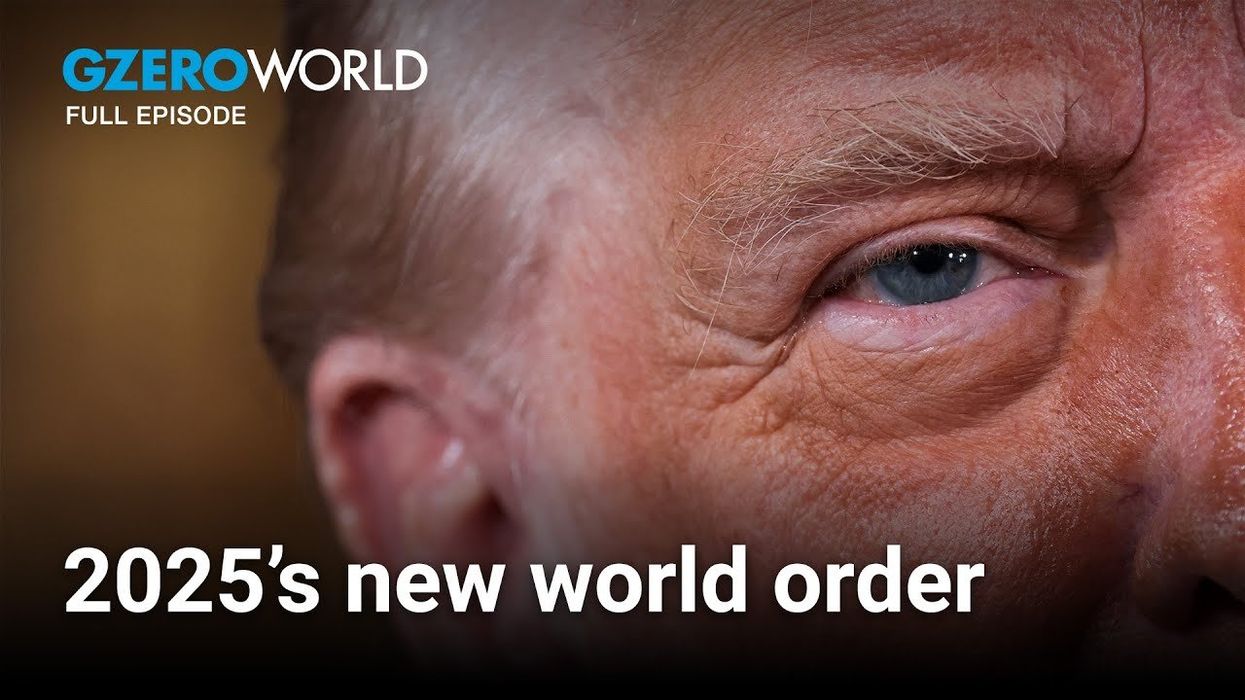VIDEOSGZERO World with Ian BremmerQuick TakePUPPET REGIMEIan ExplainsGZERO ReportsAsk IanGlobal Stage
Site Navigation
Search
Human content,
AI powered search.
Latest Stories
Sign up for GZERO Daily.
Get our latest updates and insights delivered to your inbox.
Global Stage: Live from Davos
WATCH
Russia's war in Ukraine has significantly increased the likelihood of direct confrontation with NATO. Moscow is rattling the nuclear saber, NATO just added 830 miles of territory on the Russian border, and tensions are higher than ever. Russia now sees NATO as its enemy and vice versa. But does that mean war is inevitable?
On GZERO World, former US Ambassador to NATO Ivo Daalder warns that Russian military aggression poses a real and present danger, making the current situation arguably worse than its been since the end of the Cold War. The possibility of all-out military confrontation between the two nuclear-armed superpowers is the highest it has been since the Cuban Missile Crisis in 1962, Daalder says in a conversation with Ian Bremmer.
Meanwhile, Russia still has some friends left. And non-aligned countries like India, Brazil, and South Africa remain on the fence because they have strong ties with both Washington and Moscow.
Daalder also highlights the potential impact of Turkey's upcoming election on NATO. President Erdoğan has been blocking Sweden's membership in the alliance, but the opposition candidate is campaigning on a platform of leaning closer to the West. If Erdogan loses reelection, it could mean Turkey becomes a stronger ally and partner at a crucial time for NATO.
Keep reading...Show less
More from GZERO World with Ian Bremmer
The state of global conflict in 2025
December 22, 2025
In Wikipedia We Trust?
December 15, 2025
'Godfather of AI' warns of existential risks
December 08, 2025
Could the US really invade Venezuela?
November 24, 2025
Will "AI euphoria" crash the markets?
November 17, 2025
Is the US falling behind China?
November 10, 2025
The dangers of unchecked AI
October 27, 2025
Republicans and Democrats are more divided than ever
October 20, 2025
Did Netanyahu got everything he wanted in Gaza peace deal?
October 04, 2025
Putin's drone battle for Ukraine's skies
September 29, 2025
The world is on fire and the UN is running out of money
September 19, 2025
Will the clean energy revolution leave the US behind?
September 15, 2025
How AI is transforming medicine, and the cancer fight
September 07, 2025
The global refugee crisis is at breaking point
August 25, 2025
India vs. Pakistan: Rising tensions in South Asia
August 16, 2025
As Trump pressures universities, what's really at stake?
August 10, 2025
Are Trump's tariffs the end of the free trade era?
August 02, 2025
Is the US Intelligence community at a breaking point?
July 21, 2025
The dangerous new nuclear arms race
July 14, 2025
President Trump takes on the Judiciary
June 14, 2025
What’s behind Trump & Musk’s public feud?
June 10, 2025
Could China invade Taiwan?
June 09, 2025
Can Pope Leo XIV heal the Church–and his own country?
June 02, 2025
Why Sen. Chris Van Hollen stood up to Trump
May 12, 2025
The battle for free speech in Donald Trump's America
May 05, 2025
50 years after the Vietnam War
April 28, 2025
Will Russia agree to a ceasefire in Ukraine?
April 14, 2025
The rise of Elon Musk's DOGE under Trump
March 31, 2025
Trump’s trade war: Who really wins?
March 24, 2025
China’s next move
March 17, 2025
The fight to decide Ukraine's fate
March 02, 2025
Defending Ukraine and Europe without the US
February 24, 2025
What if Palestinians want to leave Gaza?
February 18, 2025
Who gets to decide Gaza's future?
February 17, 2025
Trump's health agenda—from RFK Jr. to leaving WHO
February 07, 2025
Europe's new future with Trump 2.0
February 03, 2025
Big Tech under Trump 2.0
January 20, 2025
Francis Fukuyama on the new leaderless global order
January 13, 2025
About the Show
Every week on GZERO World with Ian Bremmer, Ian explains the key global stories of the moment, sits down for an in-depth conversation with the newsmakers and thought leaders shaping our world.
Watch GZERO World on US public television and on GZERO's YouTube channel. GZERO WORLD with Ian Bremmer is a local public television program presented by THIRTEEN PBS.
GZERO Series
GZERO Daily: our free newsletter about global politics
Keep up with what’s going on around the world - and why it matters.
